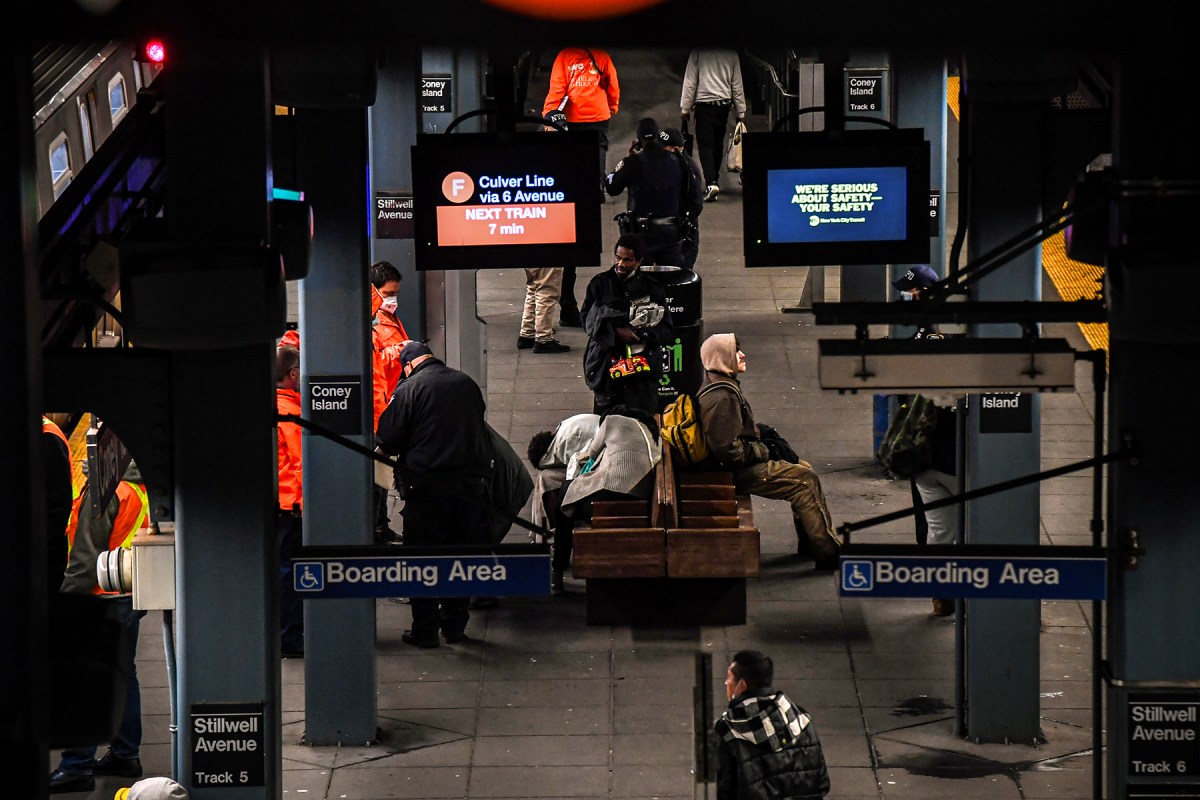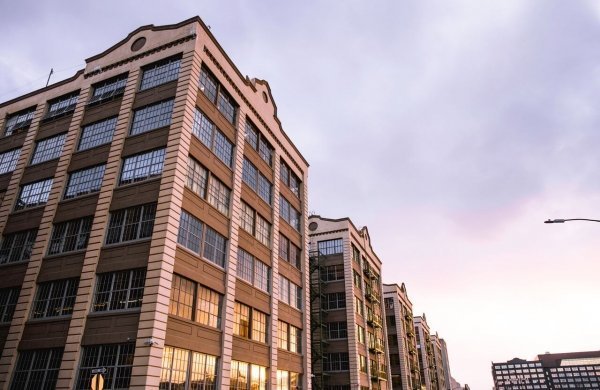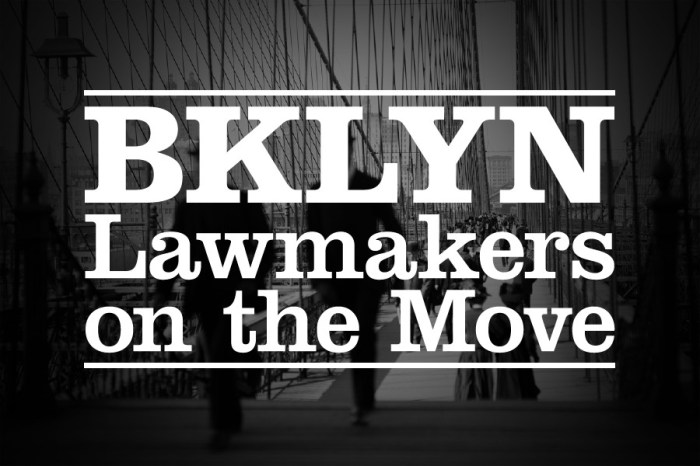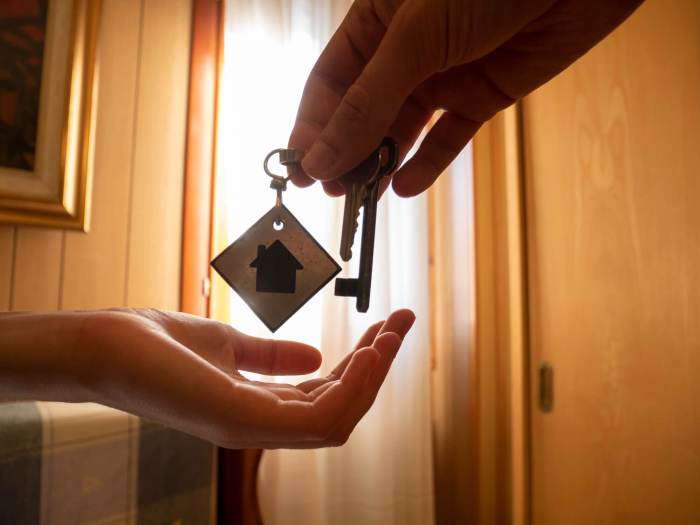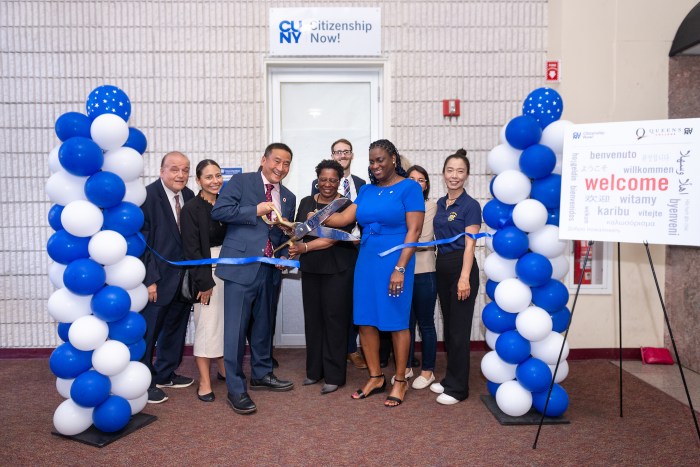Shams “Da Homeless Hero” DaBaron and Corrine Low of the UWS Open Hearts Initiative came together Thursday evening to talk with mayoral candidates about the housing crisis and political accountability. Questions were submitted through videos by directly-impacted people experiencing homelessness.
DaBaron, in opening and closing statements, noted the forum as the first of its kind. “This is something that the current administration has refused to do,” said DaBaron. “Homelessness is a crisis affecting the whole country—and the Country is looking at New York to see how we are going to solve this. New York is a model for how homelessness is dealt with all over the world.”
The forum split the mayoral candidates into three groups across the two-hour, live-streamed event. Aside from Andrew Yang, who is currently down with COVID-19, all of the invited candidates were in attendance: City Comptroller Scott Stringer (D); Brooklyn Borough President Eric Adams (D); Dianne Morales, CEO of Phipps Neighborhoods; former City Sanitation Chief Kathryn Garica; Maya Wiley, noted civil rights activist; Ray McGuire, head of global banking at Citigroup; former US Secretary of Housing and Urban Development Shaun Donovan; psychiatrist and veteran Loree Sutton; founder of the NYC MWBE Alliance Joycelyn Taylor; and Councilmember Carlos Menchaca (D – Brooklyn).
Sutton, Garcia, and Wiley took questions first. Video testimonies were shared of people facing a variety of challenges, from being ineligible for housing vouchers as undocumented persons, to being victims of DHS clean-up sweeps—which have been criticized for being in direct violation of CDC guidelines.
When asked to address the link between systemic racism and the housing crisis, Wiley pointed to the Center for Social Inclusion, which she founded to combat the “jobs without justice crisis.” Homelessness, she said, is an “eviction crisis”, solvable through just employment and housing programs.
Sutton, calling upon 30 years of military experience, called the US Army “the most diverse institution in the world.” As de Blasio’s Department of Veterans Services Commissioner, Sutton helped reduce veteran homelessness in New York by almost 90 percent, and aims to bring those statistics to other demographics of unhoused people.
Low and DaBaron, throughout the event, worked hard to ensure that candidates responded directly and concretely to the questions asked. When someone asked what could be done for undocumented shelter residents, Sutton said, “I’m going to learn; I’m going to listen.” Low took a step back to get verbal confirmation that that the candidates would provide housing vouchers to undocumented persons in shelters.
Clean-up sweeps by the DHS and the NYPD’s Diversion Unit were described by one attendee, Peter, as inflicting “human terror.” When asked if the candidates would end the practice, Sutton was passionate that “no one should be feeling terror at the hands of their government.” Low interjected to confirm that Wiley was the only one committed to removing police from the unsheltered and mental health crisis response processes.
Stringer, Donovan, Morales, and Adams were in the second group. They were asked what they would do for unsheltered homeless New Yorkers, and about problems with zoning as they relate to affordable housing construction.
Adams, alongside other candidates throughout the evening, talked about “dignified living” and embracing those experiencing homelessness as real people. All of the candidates recognized homelessness as a solvable problem that simply requires, as Morales put it, the “political and moral will” to instate a solution.
As it stands, new residential construction requires some portion of affordable housing units that meet the Area Median Income (AMI). However, as DaBaron noted, zoning lines and wealth disparity make median income an unreliable average, leading to rents significantly higher than what low-income people can meet. According to Stringer, nearly 450,000 families still wouldn’t be able to afford rent at any of the affordable housing units the City has built over the past 16 years.
Low called for a show of hands in support of ending police participation in unsheltered and mental health crisis outreach. Adams left room for NYPD involvement as a “last resort” in cases of violent crime. Adams himself is a victim of police brutality and was firm that “arrests should not be a first resort.” Wiley, however, was the only one committed to removing police from the process entirely.
Larry Thomas, a friend of Da Homeless Hero and one advocate leading the legal charge against the City over last Summer’s fiasco at the Lucerne Hotel, came on screen to ask if the candidates would commit to ending congregated shelters, “for the physical and mental health of homeless New Yorkers.”
All of the candidates agreed the shelter system is currently unsafe, a major reason that people end up back on the street. Donavon advocated moving towards “Safe Haven-style” private rooms with lower barriers to entry. Morales called for an “end to the shelter system, period”, asserting that it’s beyond salvaging.
DaBaron got verbal support from all of the candidates on INT-146, new legislation drafted which will raise housing vouchers to market-rate for apartments, while emphasizing that bigger housing vouchers alone won’t end homelessness. As Adams stated, comprehensive “wrap-around services” need to be invested in to make sure people don’t end up unhoused in the first place.
Menchaca, Taylor, and McGuire answered questions as the last group.
Taylor railed against homelessness as a “big business” enterprise, whereas McGuire uplifted his private-public relationship network, saying that the private sector could provide much-needed funding for projects towards ending homelessness.
DaBaron expressed community mistrust in how the government handles peoples’ lives, leading him to consider private sector efforts, but Menchaca and Taylor were both adamant that private development contracts are a fundamental cause of the national housing crisis; and that it is ultimately (and solely) the government’s job to secure housing as a human right.
The candidates also denounced the housing lottery system. Menchaca stated that it gives the illusion of equity with no way of prioritizing vulnerable people, and McGuire noted it as a wastefully bureaucratic system.
DaBaron has been in the foster care system since the age of two, and has struggled against homelessness since the age of ten. He spoke on his own traumatic experiences with the NYPD as housing crisis responders, and reminded the candidates and the audience that “93%-97% of people languishing in shelters are black and brown.”
He said, “I’m so honored to be here amongst all of you,” after Menchaca spoke in support of Universal Section 8 eligibility and Universal Basic Income.
Before closing, Low reminded the audience that all of the video questions submitted by directly impacted people are upload to uwsopenhearts.org. All candidates received questionnaires from Open Hearts, so their stances could be put on record.
The forum was streamed and recorded on YouTube. Use the hashtag #HomelessExperts to continue participating in the conversation on social media.


